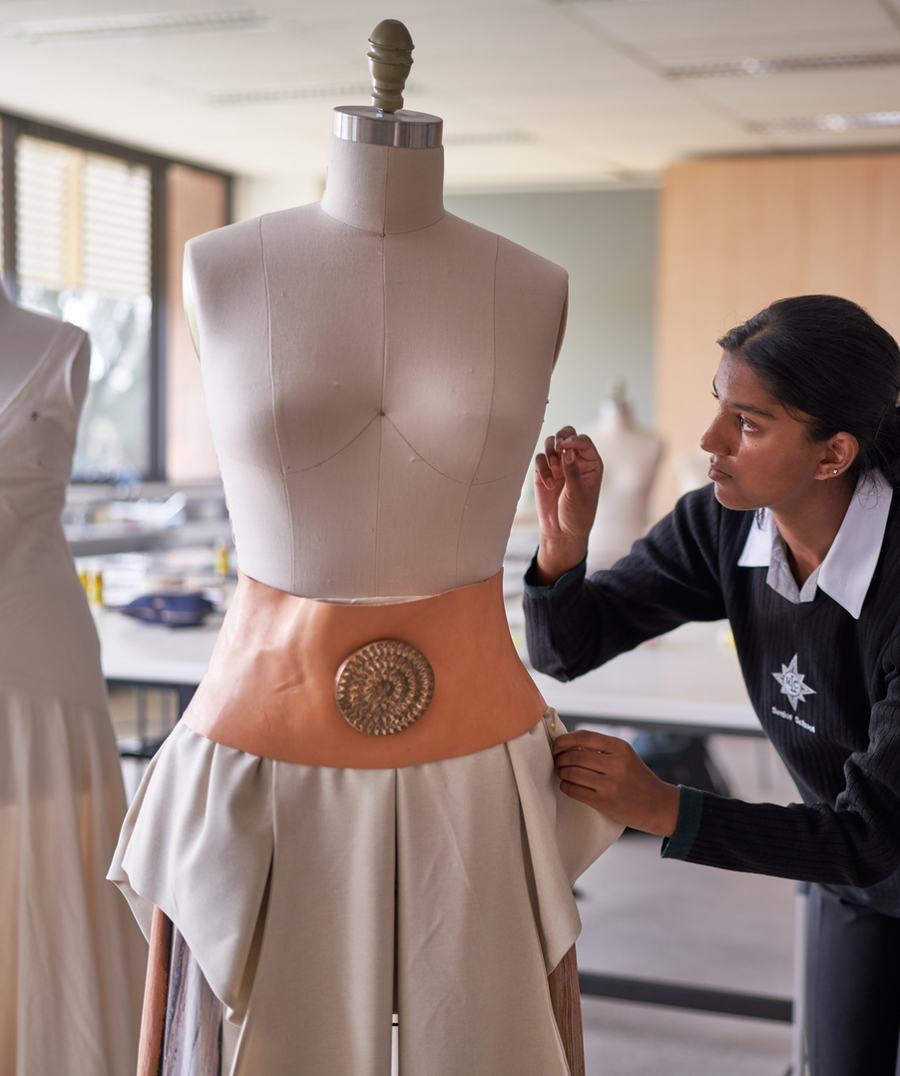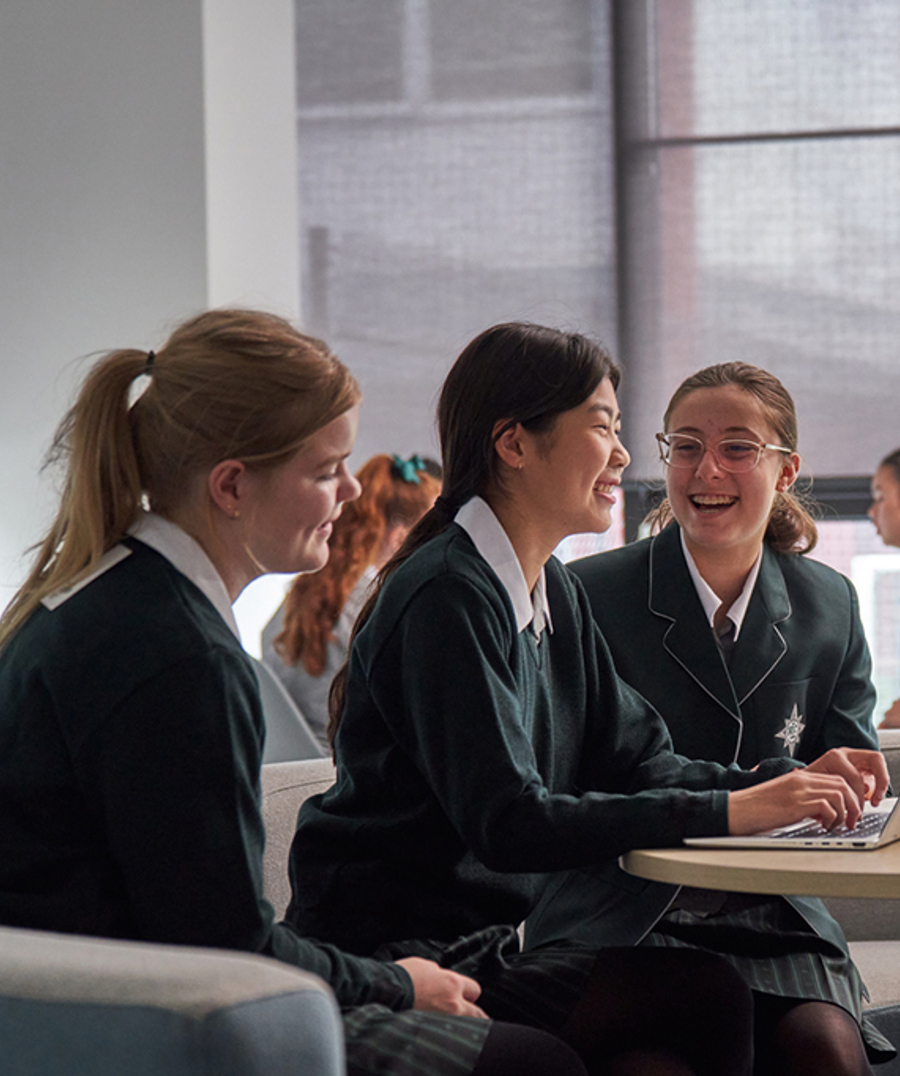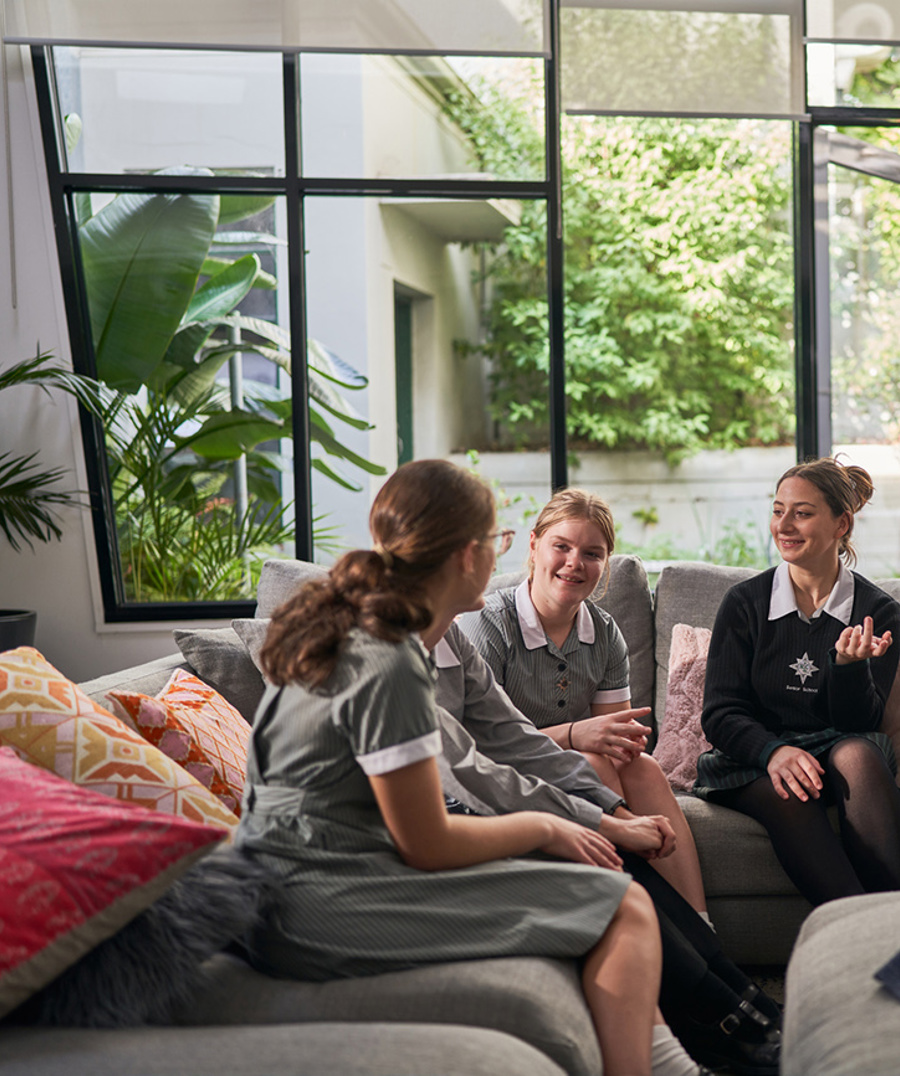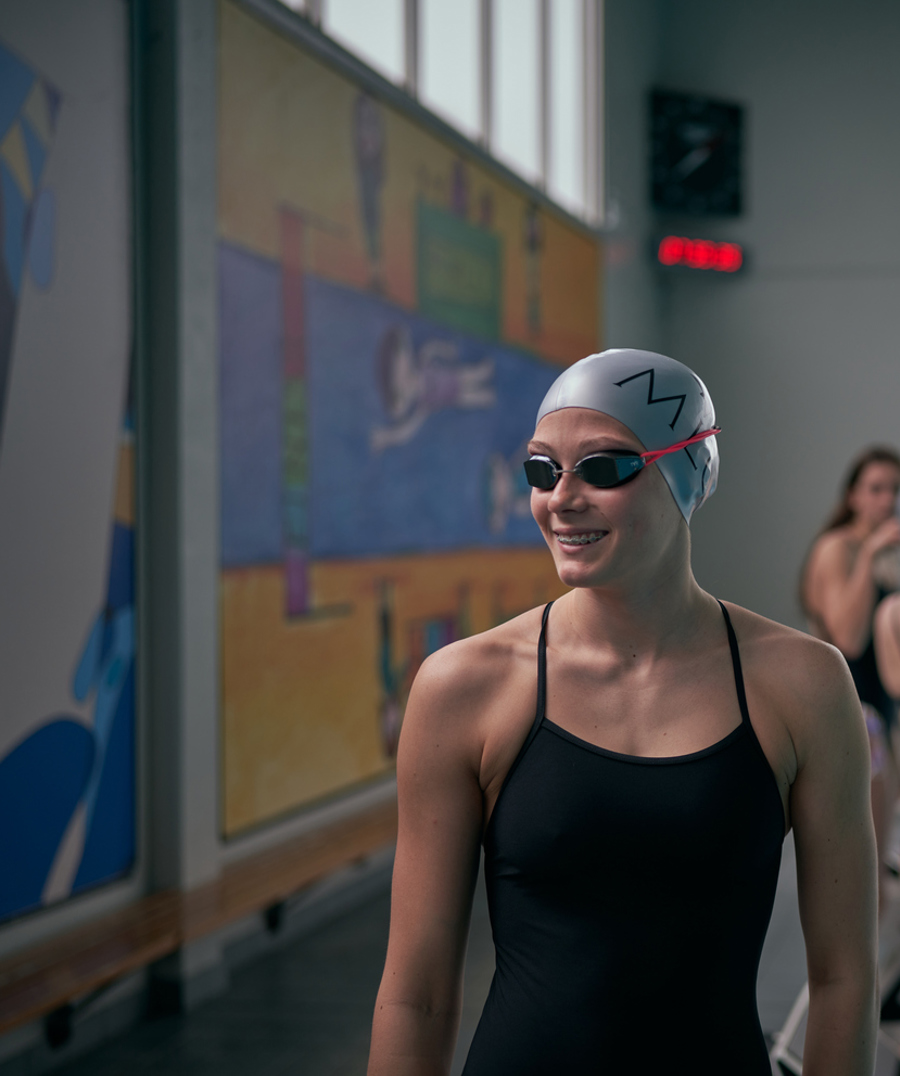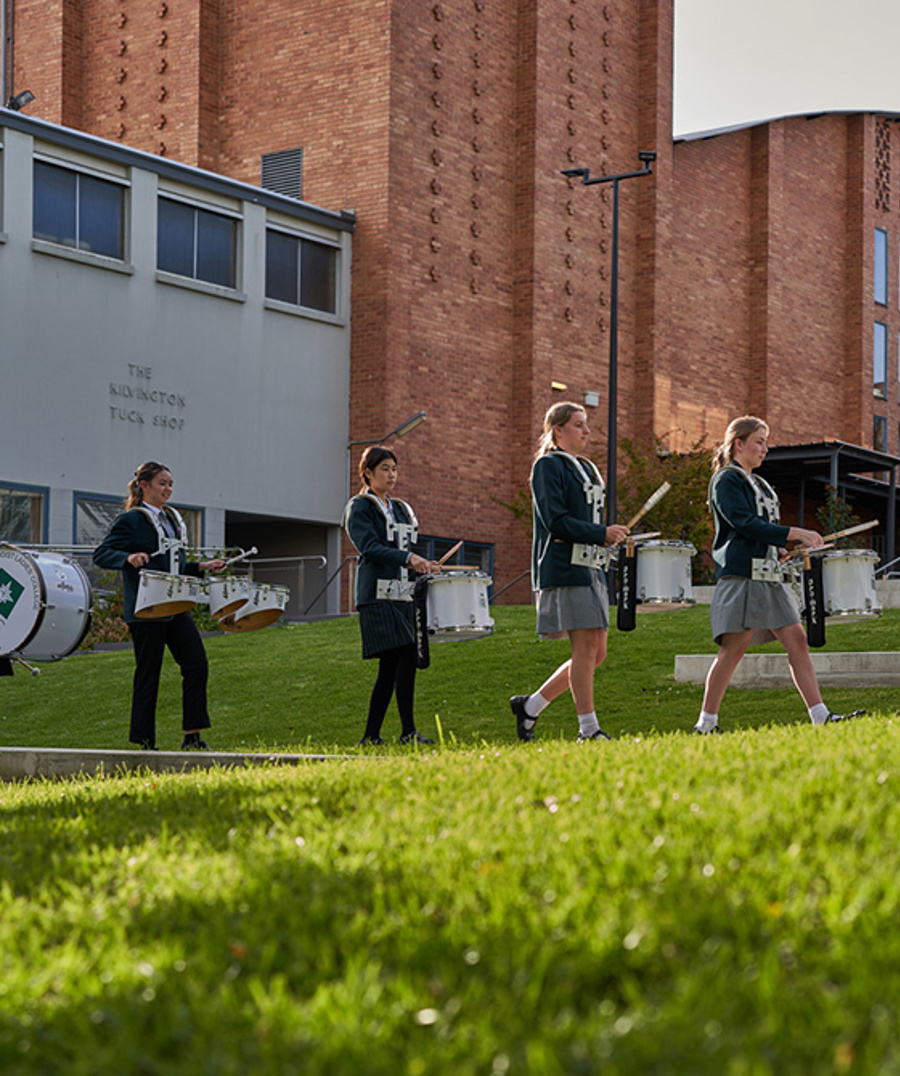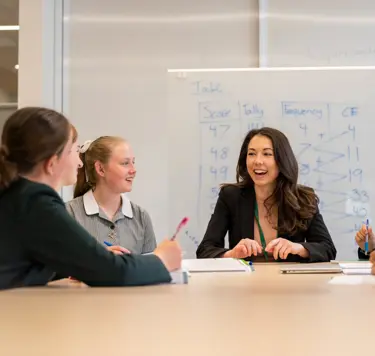
Exceptional teaching and learning
MLC is committed to offering students inspiring teachers, evidence-based teaching practices, and effective progress monitoring and support.
MLC teachers take a proactive approach to student learning. Students receive academic and wellbeing feedback throughout the Term, enabling our teachers, students, and their families to monitor their progress. We implement support and enrichment strategies early and ensure that our students are engaged with what is being taught.
This, combined with subject-specific, student-specific, and age-appropriate teaching methods, ensures that our students have not only strong foundations in literacy and numeracy, but the ability to thrive across a wide range of disciplines and co-curricular activities.
Examples of our teaching methodologies
MLC Educators have a repertoire of effective strategies that they can apply to the wide variety of learning needs that students present with each day. We continually invest in professional development for our educators to ensure they are using the latest evidence-based effective practices. The following is a sample of some of the methodologies our educators use every day.
When you need to check whether students have understood what they have just been taught, getting responses from students you select at random is likely to be more useful than responses from confident volunteers. However, it is much more useful to gather evidence from the whole class. This can be achieved using one of a number of all-student response systems. Furthermore, all-student response systems actually benefit the students directly, via the hypercorrection effect.
All-student response systems ensure that all students are responding to questions, and then finding out whether they were right or wrong. All-student response systems ensure that students have “skin in the game”, so they care about the answer when it is revealed.
Differentiation refers to teaching practices that adapt to individual learners’ needs. Effective differentiation provides every student with the appropriate guidance and support they need to do their best, while ensuring that they can progress to the next level together with their peers.
When teachers adopt explicit teaching practices, they clearly show students what to do and how to do it. Explicit teaching is effective in accelerating student performance. The aim is to teach concepts beyond rote learning, and to sequence learning together. In explicit teaching practice, teachers constantly monitor students’ progress towards challenging goals and build their confidence.
It is not enough to simply present students with new material, because the material will be forgotten unless there is sufficient rehearsal. An important finding from information processing research is that students need to spend additional time rephrasing, elaborating and summarising new material in order to store this material in their long-term memory.
When there has been sufficient rehearsal, students are able to retrieve this material easily and, thus, are able to make use of this material to foster new learning and to aid in problem-solving. This is done through guided and independent engagement with their learning materials; a process that enables students to properly process what they have learned.
Inquiry-based learning focuses on investigation and problem-solving skills and is typically introduced into the classroom through open-ended questioning and peer-to-peer discussion. With this approach, students are less worried about getting the answer ‘right’, which can lead to student disengagement, and are involved in the process of learning and discovery.
The jigsaw technique is a method of organising classroom activity that makes students dependent on each other to succeed. It breaks classes into groups and breaks tasks and into pieces that the group assembles to complete – just like a jigsaw puzzle.
Jigsaw practice was designed by social psychologist Elliot Aronson to help weaken racial cliques in forcibly integrated schools.
In his latest update to his meta-analyses, John Hattie found that the Jigsaw Method had an effect size of 1.2 – which places it in the top 10 most effective teaching strategies.
Retrieval practice is a strategy in which calling information to mind subsequently enhances and boosts learning. Deliberately recalling information forces us to pull our knowledge “out” and examine what we know.
Spaced practice is a learning strategy, where practice is broken up into a number of short sessions – over a longer period of time. Students learn items in a list more effectively when they are studied in several sessions spread out over a long period of time, rather than studied repeatedly in a short period of time, a phenomenon called the spacing effect. The opposite, massed practice, consists of fewer, longer training sessions. It is generally a less effective method of learning. For example, when studying for an exam, dispersing your studying more frequently over a larger period of time will result in more effective learning than intense study the night before.
Structured Literacy is an evidence-based approach to teaching literacy. It enables our Junior School teachers appropriately target the complex combination of skills required to develop reading fluency and ensures that students master reading comprehensively. It is an explicit, systematic approach focusing on the five key areas of phonemic awareness, phonics, fluency, vocabulary and comprehension.
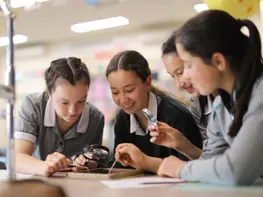
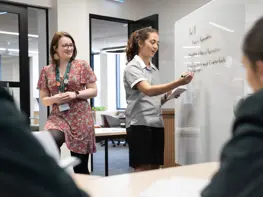
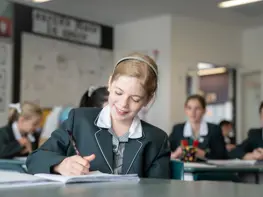
The role of continuous reporting
We know from experience and research that effective feedback is one of the most significant drivers of student learning.
A continuous reporting system allows teachers to provide feedback to students and parents about the student’s progress as it happens.
If any issues arise in a student’s learning, the earlier this can be identified and addressed, the greater the possibility of effective intervention and improved outcomes.
Furthermore, the relationship between teacher, student and parent is fundamental to the student experiencing success in their learning overall. Continuous reporting helps to improve communication between these three key stakeholders.
MLC provides a Continuous Reporting Portal that is accessible to parents and students. Here, parents and students can access a dashboard summarising the student’s Approaches to Learning results for all of their subjects. In addition, they can view subject pages which detail their individual subject results and teacher feedback.

